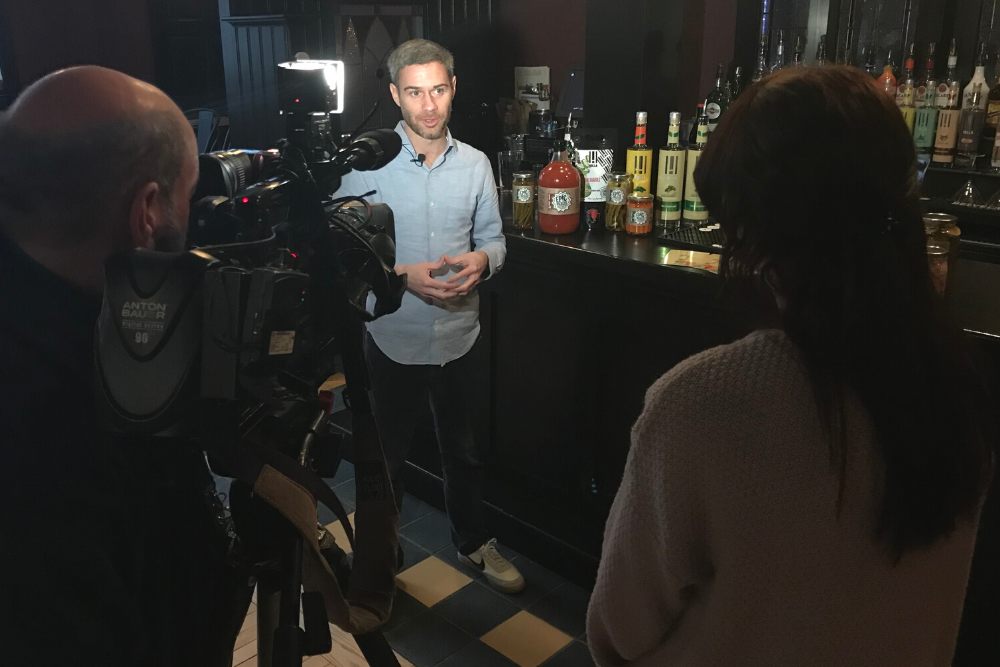
Media relations is the process of connecting with media outlets and journalists to bring news to their audiences. It is important and valuable for businesses of all sizes conduct media relations. Depending on your organization’s capacity and capabilities, media relations may be managed by internal resources or in collaboration with an external partner with specialized expertise.
Read on to learn about the benefits of media relations, the changing media landscape, media coaching and measuring your results.
Benefits of ‘Earned Media’
According to Nielsen, earned media (non-paid media exposure) is trusted more than paid advertising. Consumers trust third-party sources like broadcast or online news outlets more than claims made in paid or sponsored ads. Additionally, Poynter’s 2018 Media Trust Survey identified that trust in local media is considerably higher than in national media.
Consumers also suffer from commercial fatigue. Americans are exposed to up to 10,000 advertisements every day, a number that is rapidly growing with the increase of advertising channels and new technology.
For your brand to stand out, you need to reach consumers through media that they trust, not as part of the next commercial break. Earning positive media coverage increases awareness of your organization, enhances your reputation, attracts new customers and generates loyalty among current customers.
Changing Media Landscape
If you’ve been following the news industry during the last decade or so, you know well that newsroom staffs have steadily declined. According to a Pew Center analysis of Bureau of Labor Statistics data, the number of newsroom employees in the U.S. fell by 23% between 2008 and 2019.
At the same time, the number of public relations professionals vying for media attention for their organizations has increased. In 2018, public relations professionals outnumbered journalists 6 to 1!
So how do you get your message to break through?
Like its name suggests, media relations is about building relationships with the media, which requires knowledge, expertise, time and a continuous commitment.
Importance of Media Coaching
Before approaching the media about a story, or responding to a media inquiry, it is essential that your organization designate and prepare individuals who will represent your company to the media.Companies should have at least one person at the leadership level ready to represent the company. Your company spokespeople should receive coaching from an experienced media coach who can prepare them to be comfortable, confident and effective when engaging with news media.
A thorough media coaching program, like the program offered by PRworks’ public relations counselors, uses experiential methods to help participants prepare for media interviews, develop key messages, and build and hone interviewing skills.
Measuring Your Results
Your story pitch was a success, your company spokesperson delivered all the key messages and the news segment aired. Now it’s time to sit back, relax and savor the moment, right? Not quite!
Capturing and reporting the results of your efforts is a key part of a media relations program.
PRworks’ media monitoring service, for example, comprehensively tracks coverage for organizations. Real-time alerts and online clipbooks feature online stories and video segments, as well as estimated audience and publicity value metrics.
In addition to sharing media relations results internally, be sure to leverage and amplify favorable media coverage by sharing it externally. Build it into your social media content. Share it with clients and prospects. Publicize it in your next e-newsletter.
Get Started
Whether you’re seeking a full-service media relations program, counsel for when the media calls, media coaching to prepare your team, or monitoring to measure the value of your media efforts, we’re ready to be your partner. Contact us today to learn how PRworks can make your media relations efforts shine.


